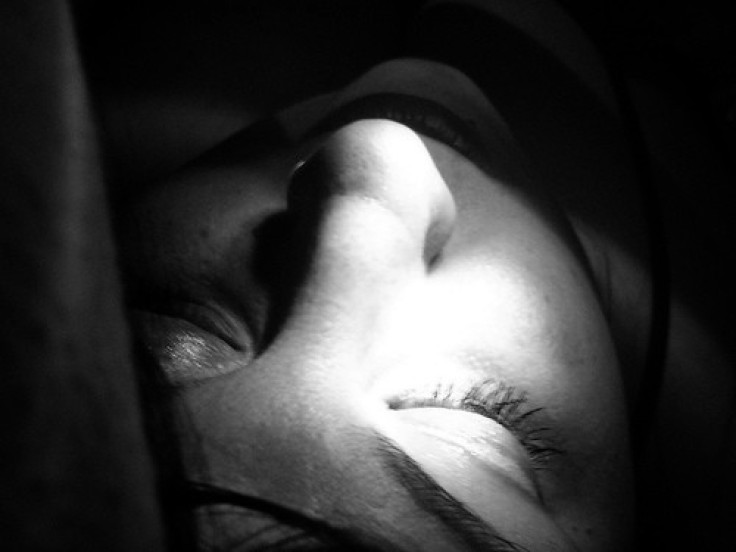Sleepwalkin' USA: Study Finds One-Third Of Americans Probably Night Wanderers

That thing that goes bump in the night? It might be you. A new study published Monday in the journal Neurology found that sleepwalking is probably more common than previously thought.
In a telephone survey of more than 19,000 adults across the U.S., a team led by Stanford University sleep researcher Maurice Ohayon found that 3.6 percent of respondents reported having at least one episode of sleepwalking in the past year.
That percentage, applied to the general U.S. population, would mean that around 8.5 million people over the age of 18 have sleepwalked sometime in the past year.
The results mean sleepwalking has been understudied and probably undertreated, Ohayon said in a phone interview.
Even more staggering was that nearly one-third, or 29 percent, of those interviewed said they had sleepwalked at least once.
Ohayon and his team found several factors that correlated with an increased risk for sleepwalking. For instance, people who slept for less than six hours each night were 1.5 times more likely to sleepwalk two or more times a month, and more than five times more likely to have had at least one or more sleepwalking episodes in a year.
People surveyed who said they had a major depressive disorder were three times as likely to report two or more nocturnal wanderings per month. Subjects who said they had obsessive-compulsive disorder were seven times more likely to say they'd sleepwalked twice or more in a month, and nine times as likely to have had at least one wandering in a year.
Other factors that increased the risk for sleepwalking included having insomnia, alcohol dependence, or taking a selective serotonin reuptake inhibitor, or SSRI, antidepressants like Prozac.
But does drinking too much cause sleepwalking episodes, or do both conditions spring from some deeper root cause? The current study can't answer these questions, and is limited because it's based on subjective self-reporting.
Still, this is a significant association, Ohayon said. But if you ask me what is provoking the result, I don't know what is the direction of the causality.
© Copyright IBTimes 2024. All rights reserved.











